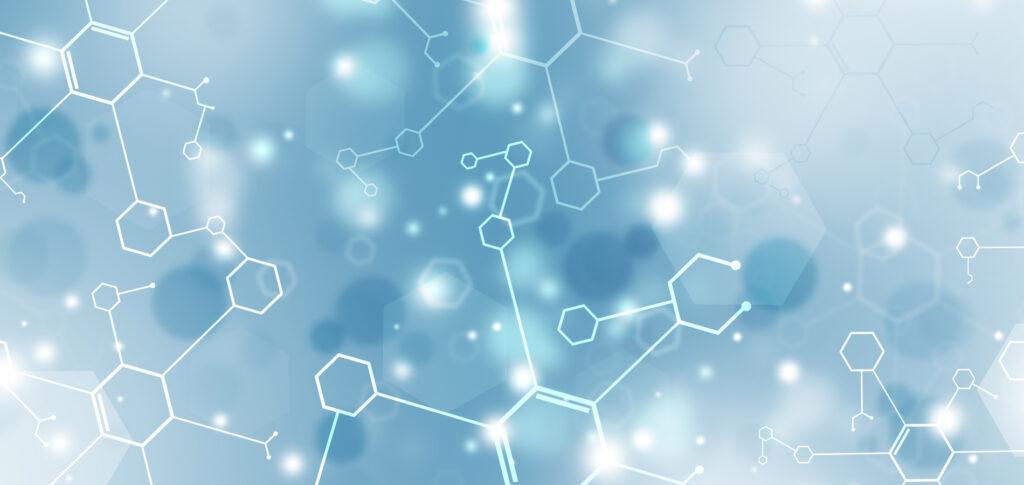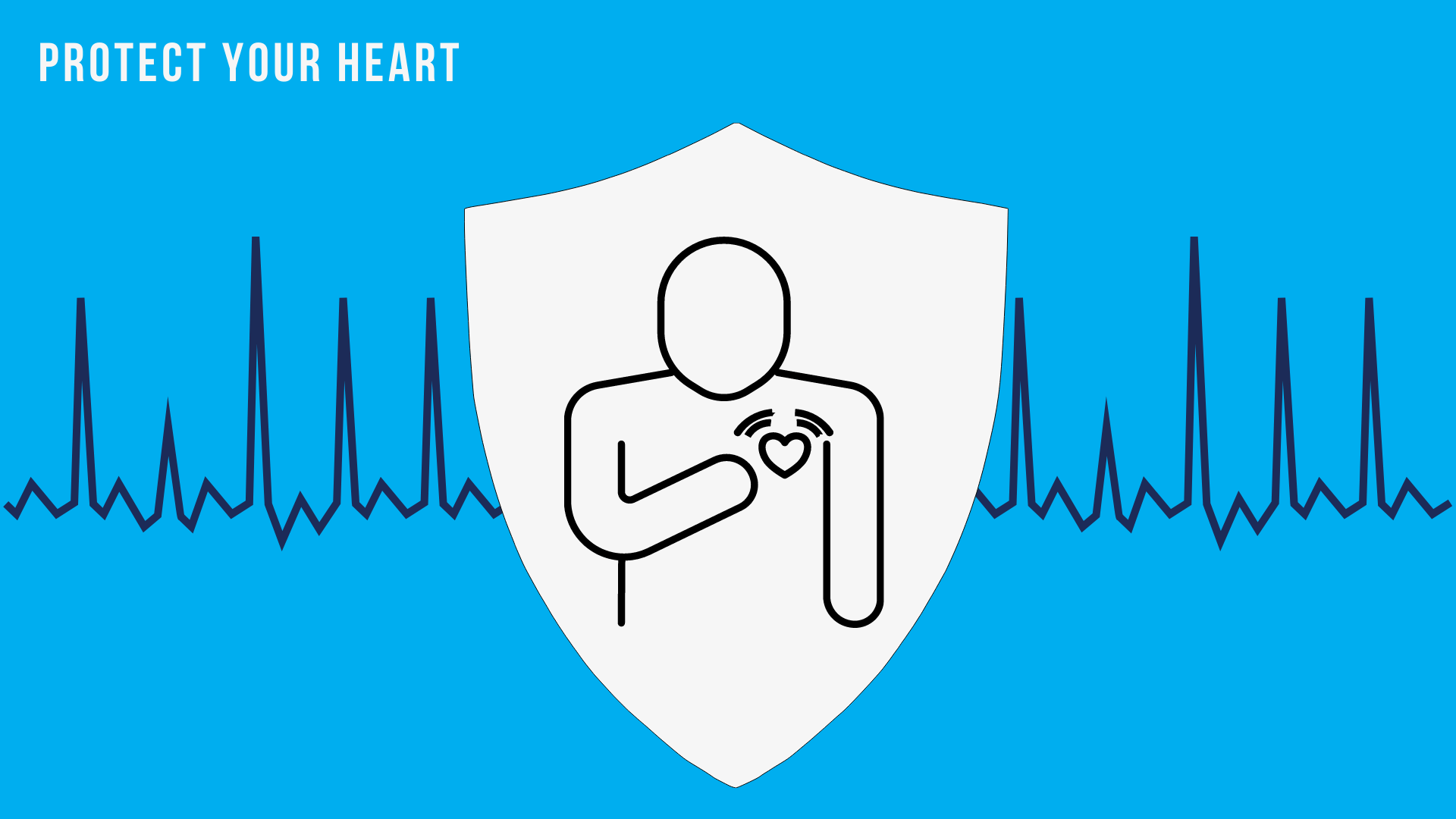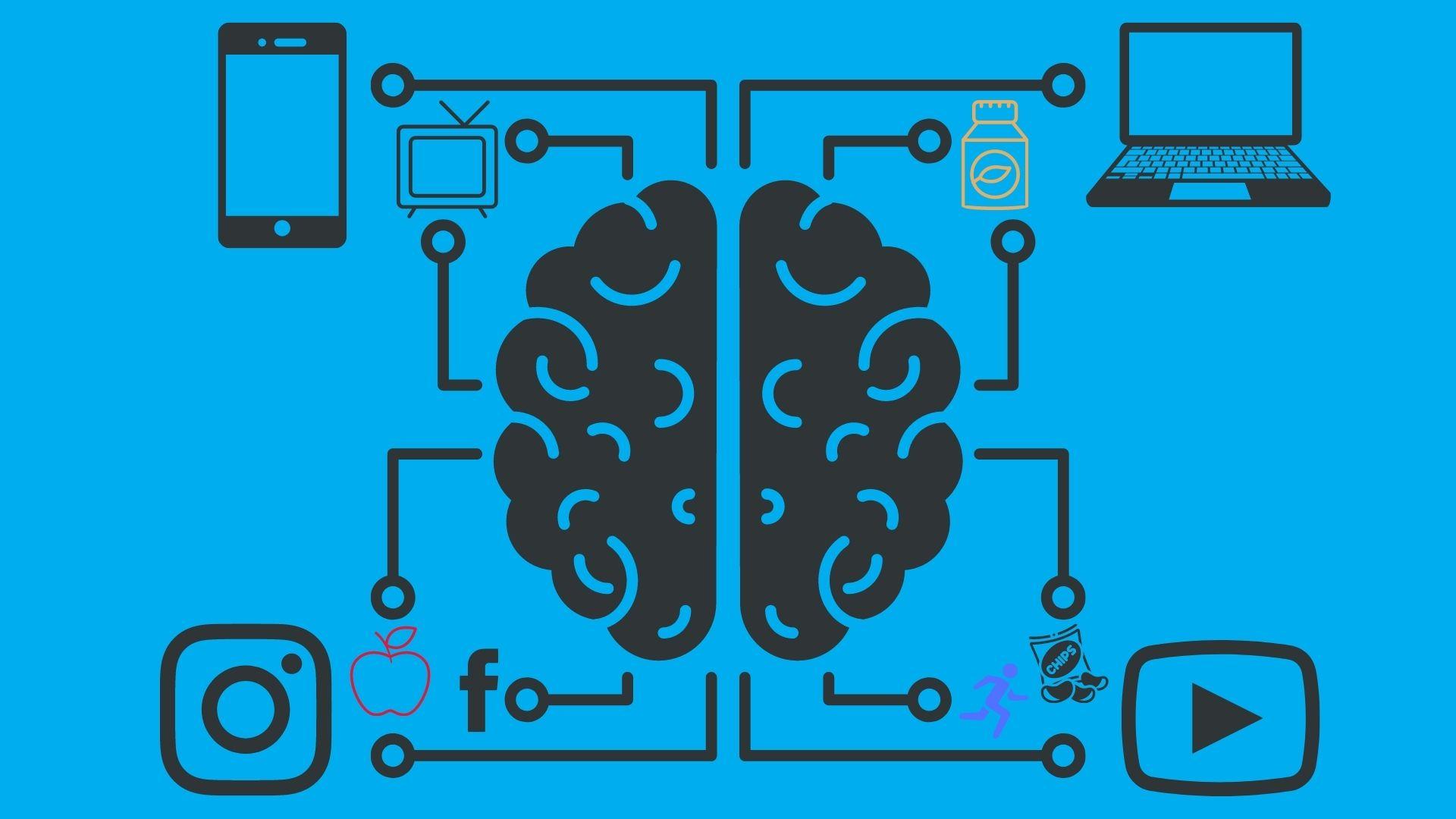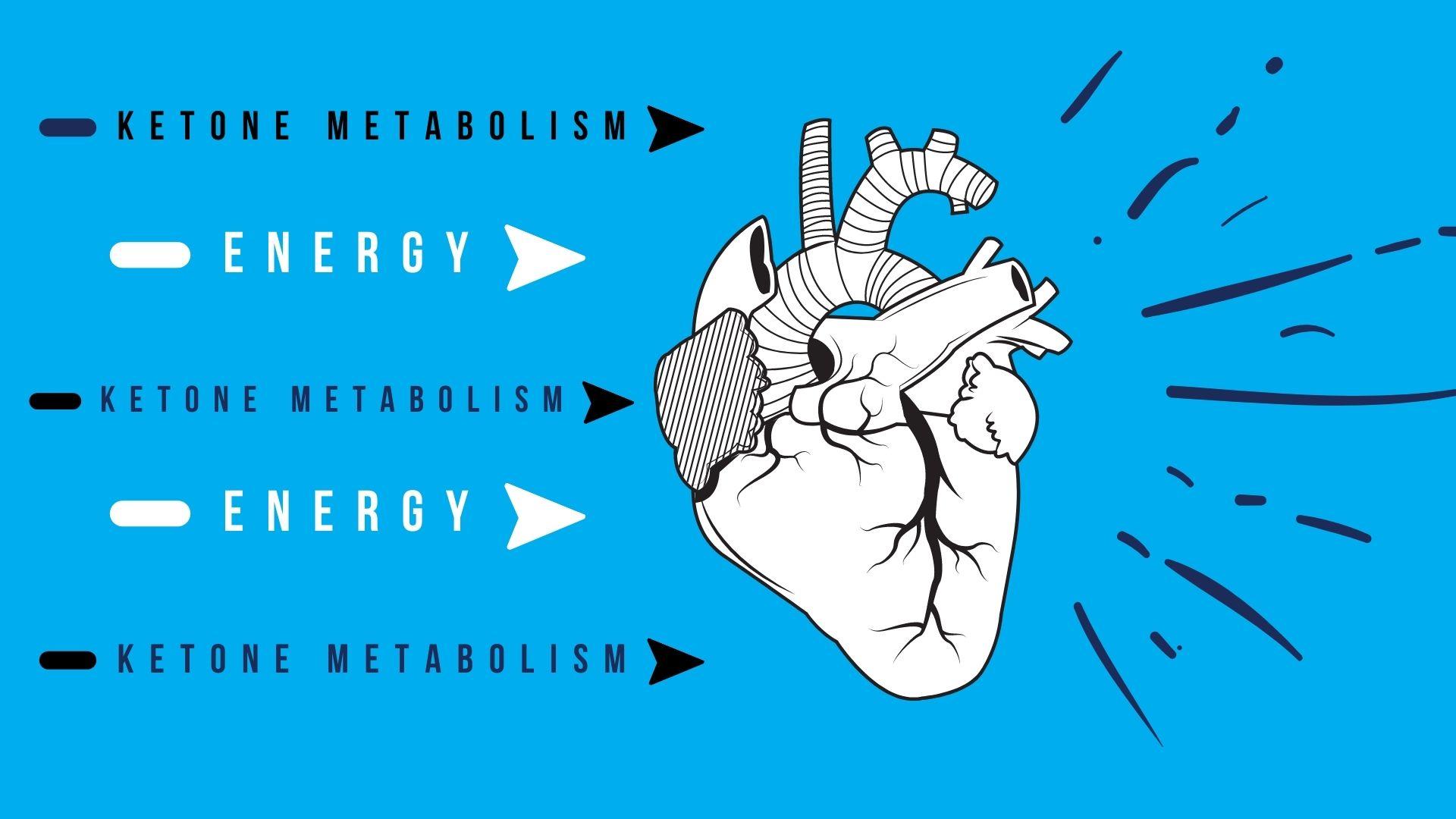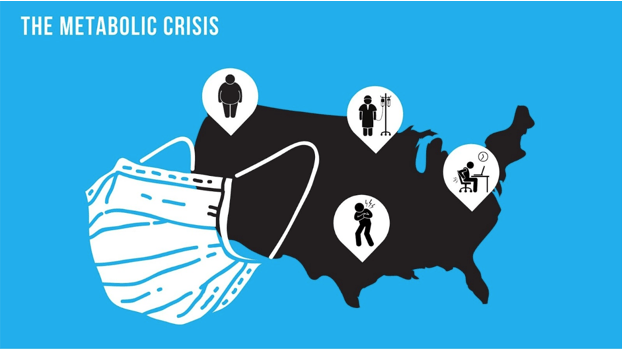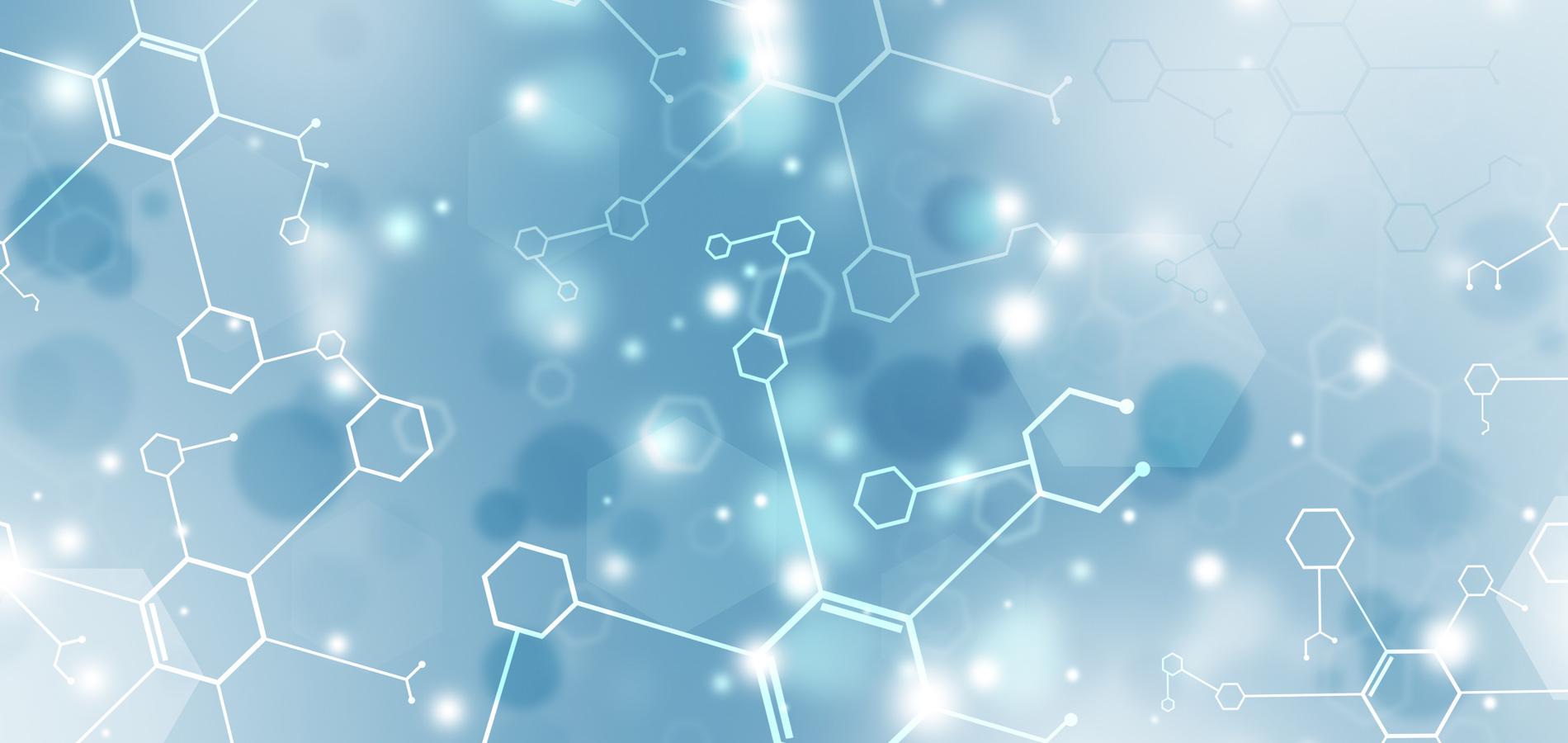Healthy Lifestyle Topic of Interest
“Laugh and the world laughs with you, snore and you sleep alone.” – Anthony Burgess
How important is sleep
Sleep is a bodily function that is equal in need as oxygen, playing a vital role in good health and mental well-being. To paraphrase Matthew Walker PhD, ‘Over the past 600 million years, if any species could have avoided sleep it would have been a major advantage to survival. If you could avoid being unconscious for ⅓ of your life your chances of avoiding predators would have dramatically increased. Yet this never happened to any mammal on the planet, ever.’ In other words, sleep is foundational to life.
Studies have shown that reducing sleep a mere two hours; from 8 hours to 6 hours can impact health. Not just the mere absence of sleep. Some of the studies show significant changes with only one night of poor sleep.
Lack of sleep and disease.
Sleep disorders are causally related to Alzheimers. The term “causally” related is very significant, it can be used in the same sense that smoking is causally related to cancer. Sleep disorders are also related to (or causative of) hypertension, heart disease, Diabetes, suicide, and more. In fact, the most predictive factor for suicidal ideation, action and completion in teens is abnormal sleep.
In short, sub-optimal sleep results in metabolic derangement. This metabolic derangement can be manifested in many ways, including:
- Increased inflammation (C-reactive protein goes up)
- Loss of memory (unable to make new memories or convert short-term memory to long-term memory)
- Increased cortisol (poor adaptability to stress)
- Changes in blood sugar and insulin resistance
- Changes in appetite and cravings
- Immune responses blunted dramatically (autoimmunity, food sensitivity, allergies, cancer, etc)
- Decreased autophagy (cellular cleanup)
Live better by sleeping better. But how?
Better sleep involves making some very simple, yet significant changes. The rest of this article provides tips and strategies that will get you catching some higher quality ‘Z’s’ in no time!
What impacts sleep?
There are a several factors that can interfere with sleep, but the most common are:
- Alcohol
- Sleep apnea and snoring
- Going to bed late
- Eating late
- Excessive blue light exposure (screens, LED, halogen and fluorescent bulbs)
- Stimulants after 3PM (caffeine)
Tips for better sleep.
Temperature. A prerequisite for sleep is to allow your lower core body temperature to decrease (typically, 3-4 degrees). Eating late and trying to fall asleep will increase risk for acid reflux since the digestive process will shut down in order to allow core body temperature to drop. When the core body temperature decreases, we can safely assume there is decreased blood supply and decreased digestive processes while recently eating food sits in your stomach.
The alternative is that you will digest your food properly, maintain the blood supply to do so and stay awake because your core temperature stays elevated while you are trying to fall asleep. Lying in bed awake trains your brain to get used to lying in bed unable to fall asleep, which can become a learned behavior and a vicious cycle.
Here are a few tactics you can use to avoid raising your core body temperature.
- Don’t eat within 3 hours of bedtime. If you must eat, avoid carbohydrates. They are most readily turned to energy which equates to more heat.
- Take a hot shower or bath or sauna prior to bedtime. Raising skin surface temperature contributes to lowering the core temperature the 3-4 degrees required. When your body surface is warm, it dumps all of the heat from the core of your body
- Avoid late night exercise which would increase core temperature. Exercise earlier in the day since exercise contributes to improved sleep and improved sleep increases exercise efficiency.
- Sleep in a cold room. 65-68 degrees seems to be the optimal temperature. If that temperature seems too cold to you, ask yourself if the problem is that your extremities get too cold. If the answer is yes, “hack the system” by wearing socks or putting a hot water bottle by your feet.
You have to warm up your feet and your hands to essentially then evacuate the heat from the central core regions of the body. Your feet and hands can become massive radiators, and that lures the blood from the core of the body out to the surface and then it is released. Warming your feet and your hands before bed with socks and/or a hot water bottle means that those feet start to get more blood supply, that draws the blood and temperature away from your core. Your core body temperature then drops, (and that’s great) and then you’re fast asleep. Now your body is being cooled by the temperature that you’ve set at night.
Lighting. “[Light] is probably one of the most underappreciated factors that is contributing to poor sleep.” Matthew Walker PhD (sleep scientist and author of ‘Why We Sleep’) says we are a “dark-deprived society” and our modern lighting is fooling your brain into thinking that it’s still daytime. Prior to the invention of the lightbulb, dusk would usually tell our brain to release melatonin to get us prepared for a healthy sleep cycle. However, since we live in modern times, simply switch off most of the lights starting 90 min before bed.
Avoid blue light (e.g., iPhone/iPad screens and LED bulbs). Longer wavelength light (“blue light”) puts the breaks on melatonin release more so than the warmer colored lights. Why? One theory is because we evolved in the ocean and the light that we used to help regulate our circadian rhythm to bring us awake was the sun shining through the water (“blue light”). Some people can go to the extreme of installing red or amber bulbs to eliminate all blue light in the evenings…But for most people, just dropping down half of the lights in the last hour or so before bed will help greatly.
Relaxation. In the last hour before bed, try to find a wind-down routine that involves at least one of the following (if not more):
- Relaxing body movements
- Meditation
- Journaling
- Light stretching or Light movement (No strenuous activities)
- Have sex. Yes, it induces sleep
The data is very strong with insomnia patients; Meditation has shown to be particularly helpful for people who struggle with falling asleep due to their mind racing when the get in bed and close their eyes.
Journaling. Writing/journaling before bed can decrease the time it takes to fall asleep. An hour before bed, take out some paper and simply write down any and all the concerns you’re having. Free form writing. Then finish with three things you are grateful for. This has been shown to actually decrease the time it takes for people with insomnia to fall asleep by about 50%.
Positive vs. negative thoughts. Think of this in the context of what you read or listen to prior to bedtime. I am especially referring to those who are now getting hours of news and opinion every night as opposed to the 30 minutes my generation got from 6:00-6:30 PM, before 24 hour cable news channels figured out the addictive nature of negative political commentary and opinion. Studies show that when a person is in a negative mood or state of mind, not only does it take longer to fall asleep, but their sleep is worse. However, if you put them in a positive mood or state of mind, one will fall asleep faster and the sleep is better. This is why ending your journaling with positivity is important.
Sleep and sexual function. Sex hormones are highly dependent on sleep. Did you know? Men who are sleeping just four to five hours a night, will have a level of testosterone which is consistent with being 10 years older. In females, for every one hour of extra sleep that a female gets, they have somewhere between a 13 to 15% increase in the desire to be intimate with a partner.
Additional tips:
- Avoid email and social media an hour from bedtime. Doing this anecdotally yet consistently improves deep sleep scores on home sleep trackers.
- Our circadian rhythm is tied to the cycles of the sun. Sleeping as many hours prior to midnight as possible is desired.. Sleeping 9PM to 5AM is more desired than sleeping 11PM to 7AM, even though both are 8 hours of sleep.
- Remove clocks from the bedroom. or some people, knowing the clock time elicits anxiety (“I can’t believe what time it is and I’m still awake!”)
- Don’t lie in bed awake for very long. If you lie in bed awake, very quickly it will land that your bed is the place of being awake, not being asleep. The brain easily makes associations, wanted or unwanted. Break that association, get out of bed, go somewhere different, in dim light, just read a book or something along those lines and only return to bed when you’re sleepy
Will sleep trackers such as the Oura ring, Apple watch, Jawbone, Fitbit, etc help?
In general all of the most recent sleep tracking technologies use the same algorithms, and are therefore a matter of preference. I personally use the Oura ring and have no relationship with that company. I like the app user interface and reporting as well as the fact that it tracks more markers related to sleep quantity and quality, such as body temperature, heart rate variability and more.
What can the common sleep trackers tell us about sleep?
- Best at: Estimating total duration of sleep (Two-class model)
- Pretty good at: Determining where you’re in awake, non-REM, and REM (Three-class model)
- Least accurate when: Estimating your time split between 4 stages… awake, light non-REM, deep non-REM, and REM (Four-class model)
Discovering trends and relative changes in your sleep habits are more important. Making a change in your routine then seeing a sustained shift in your sleep characteristics is meaningful. Once you establish some kind of baseline and you see a deviation from that baseline, it’s more than likely that that deviation is a real deviation rather than a problem of the technology (because the technology, even though it may show irregularities – it consistently shows irregularities night after night after night). So, any variance from your baseline is where you want to focus more of your attention. Pro tip: Pay most attention to your weekly trend lines when using a sleep tracker.

